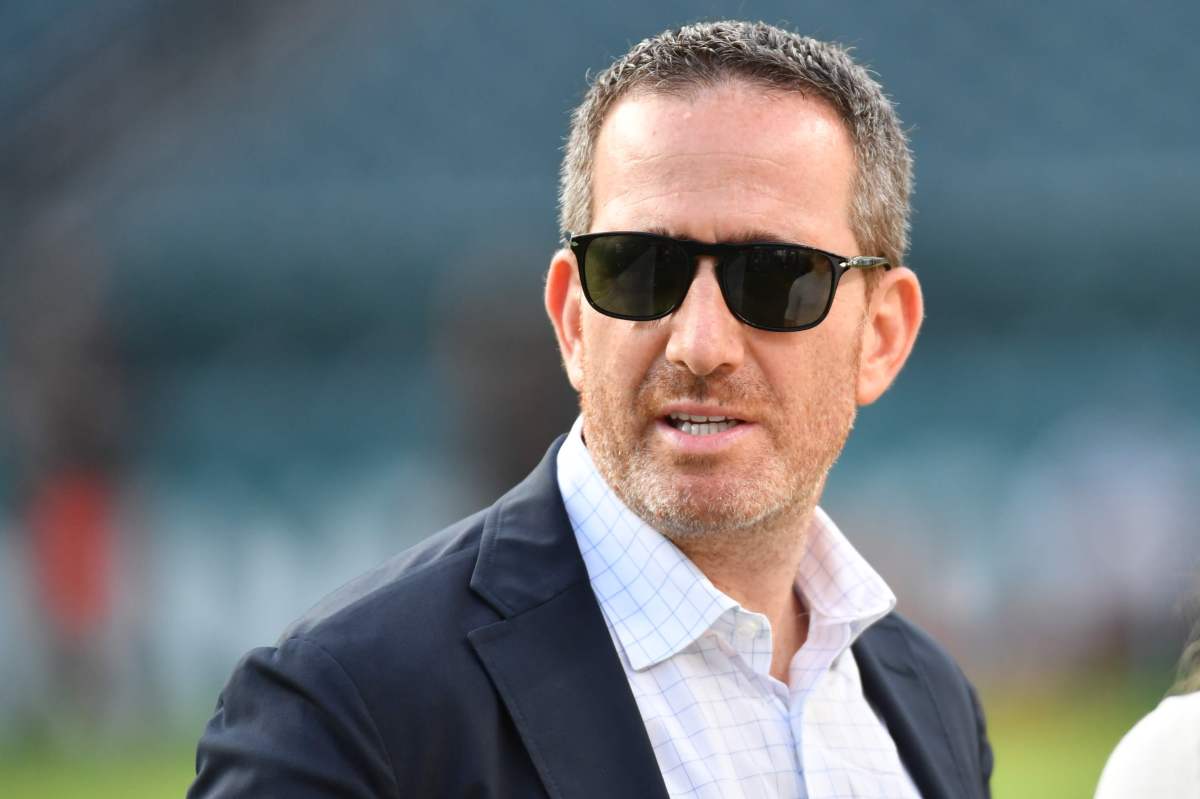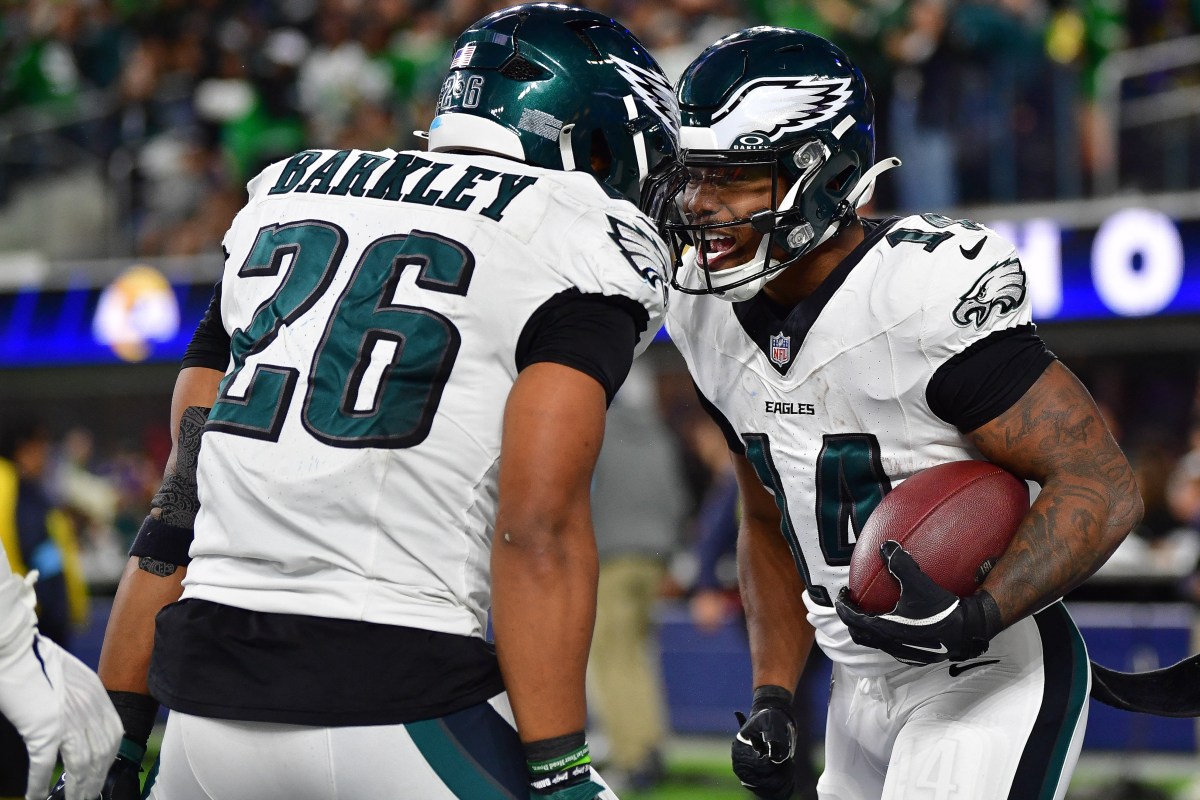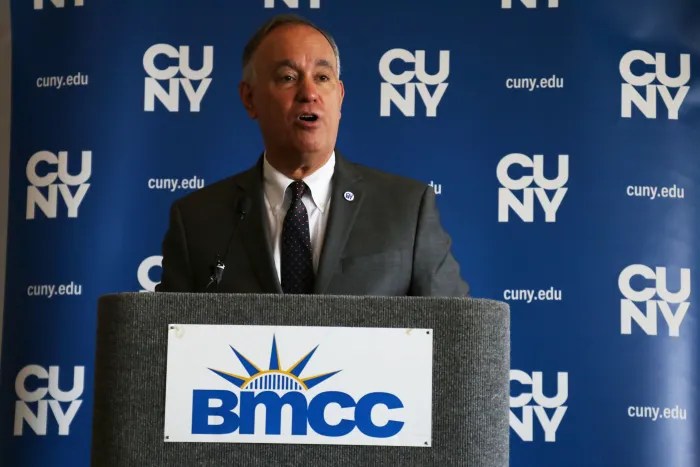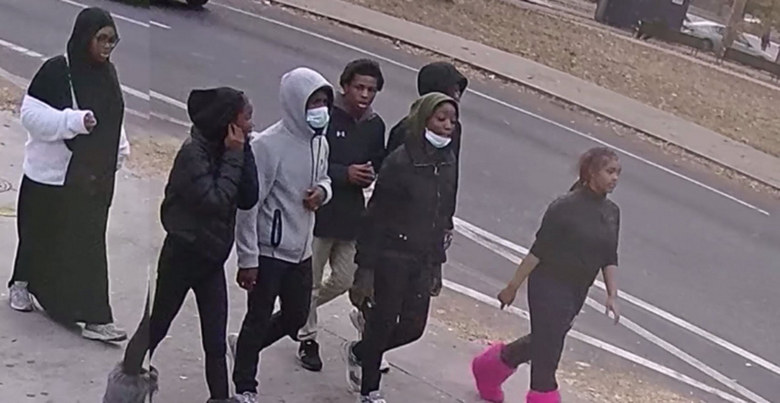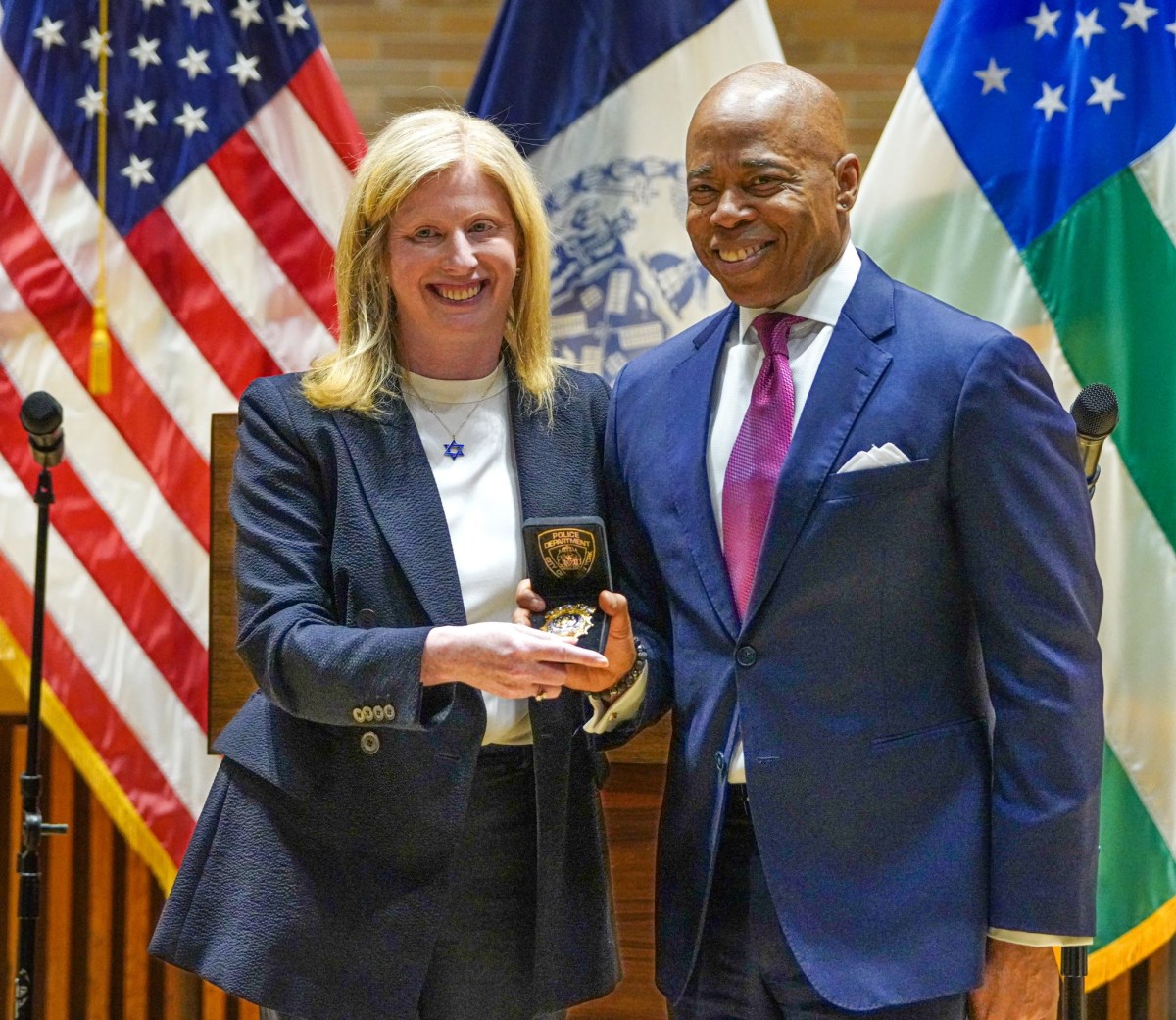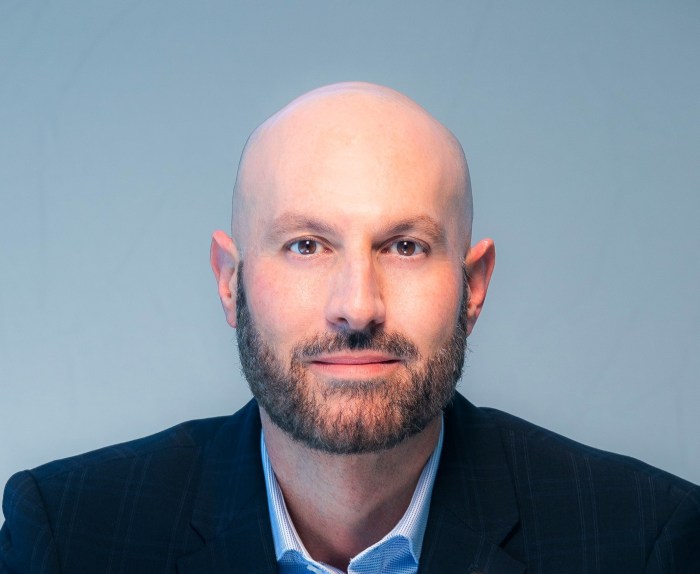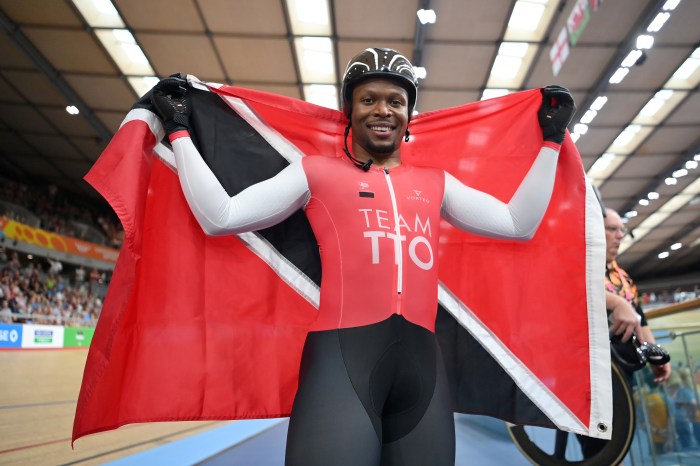Before “The Accountant,” Cynthia Addai-Robinson was just your average struggling actor. She has plenty of credits to her name: She was Naevia on “Spartacus: War of the Damned,” Amanda Waller on “Arrow,” Emily West on “Texas Rising.” But “The Accountant” is her first big role in a big movie. She plays Marybeth, a worker bee at the Treasury Department tasked (blackmailed, really) by a fed (J.K. Simmons) in figuring out the truth about a math whiz (Ben Affleck) who might have mafia ties. The movie arrives shortly before “Shooter,” the forthcoming USA show based on the Mark Wahlberg movie, in which she’s the female lead opposite Ryan Phillippe. Born in England but raised in America, Addai-Stevenson, 31, talks to us about liking dense movies, her sudden flurry of strong roles and the difficulty of staring at computer screens onscreen.
I have to admit this movie is so dense that I don’t think I got all of it. Even at the end when I could piece it all together, I was sure I was missing a lot of nuances and details. RELATED: Interview: Kristen Stewart talks “Certain Women” and how we all have to relax Did you have to read the script multiple times to get it all? Marybeth is a very quiet person who’s always thinking. Did you identify with that? A lot of the characters are like that. It’s really about all these lonely people who are forced to interact. You spend a lot of the movie staring at computer screens. I imagine that’s weirdly difficult to do and not make look strange. J.K. Simmons’ character tasks her with working with him on this case, as though he sees something in her she doesn’t know she has. As an actor, do you feel that way a lot? It’s a good thing we’re seeing more of interesting female characters onscreen. Follow Matt Prigge on Twitter @mattprigge
I personally like these kinds of movies, where it plays out and then it gets to the end and you’re thinking back to everything you just watched. You want to go back and watch it again. Everything that’s being presented is there for a reason; there’s not a shot or frame that’s wasted. Every little piece of information is meaningful. It feels like there are fewer and fewer times in life where something is really demanding that of you, where you shut everything else out and really focus on the story unfolding in front of you. It’s like reading a satisfying book.
Absolutely. Every time you read it you pick up on different things. And it’s one thing to read it and another to get on set and figure out how you’re going to assemble it for the audience, so they can follow it. That was one of the challenges: that the audience doesn’t get lost at any point. I feel like my character serves as the entrypoint for the audience. As she’s coming upon clues and chasing leads, it all unfolds for her at the same time as it’s unfolding for the audience.
I tend to be a pretty analytical person. I’m somebody who’s constantly thinking and always in my own head. Perhaps that element works for this character. I’m a pretty reserved, quiet person, though I’m not necessarily passive. If I’m just sitting still, there’s a lot going on in my brain.
Absolutely. Certainly with Marybeth, she just wants to blend in. She just wants to go to work, do her job, go home, she lives alone. It’s sort of this isolated experience, even though she’s surrounded by people. There’s a lot going on in her mind at all times.
[Laughs] You don’t want to push it. It can start getting a little weird if you’re staring at a computer and you feel you have to contort your face to show the audience I’m discovering things, connecting the dots. You don’t want to be too heavy-handed about it.
I’m not in a position where I can select my roles. I have to audition the old-fashioned way. I prepared [for this] as I do for anything I go in for. But at the end of the day, whatever qualities they saw in me were ones I wasn’t aware of. I’ve been having more and more instances like that. And I’ve even been having a better sense of myself. When people give you more and more opportunities, you start owning that. That’s been a lovely discovery for me the last few years. I’ve been lucky to play female characters who are strong, are intelligent, are a little vulnerable. Those are the most interesting roles.
Once you have a meaty complex role, it’s almost like there’s no going back. You’re no longer interested in playing the female on the sidelines.




